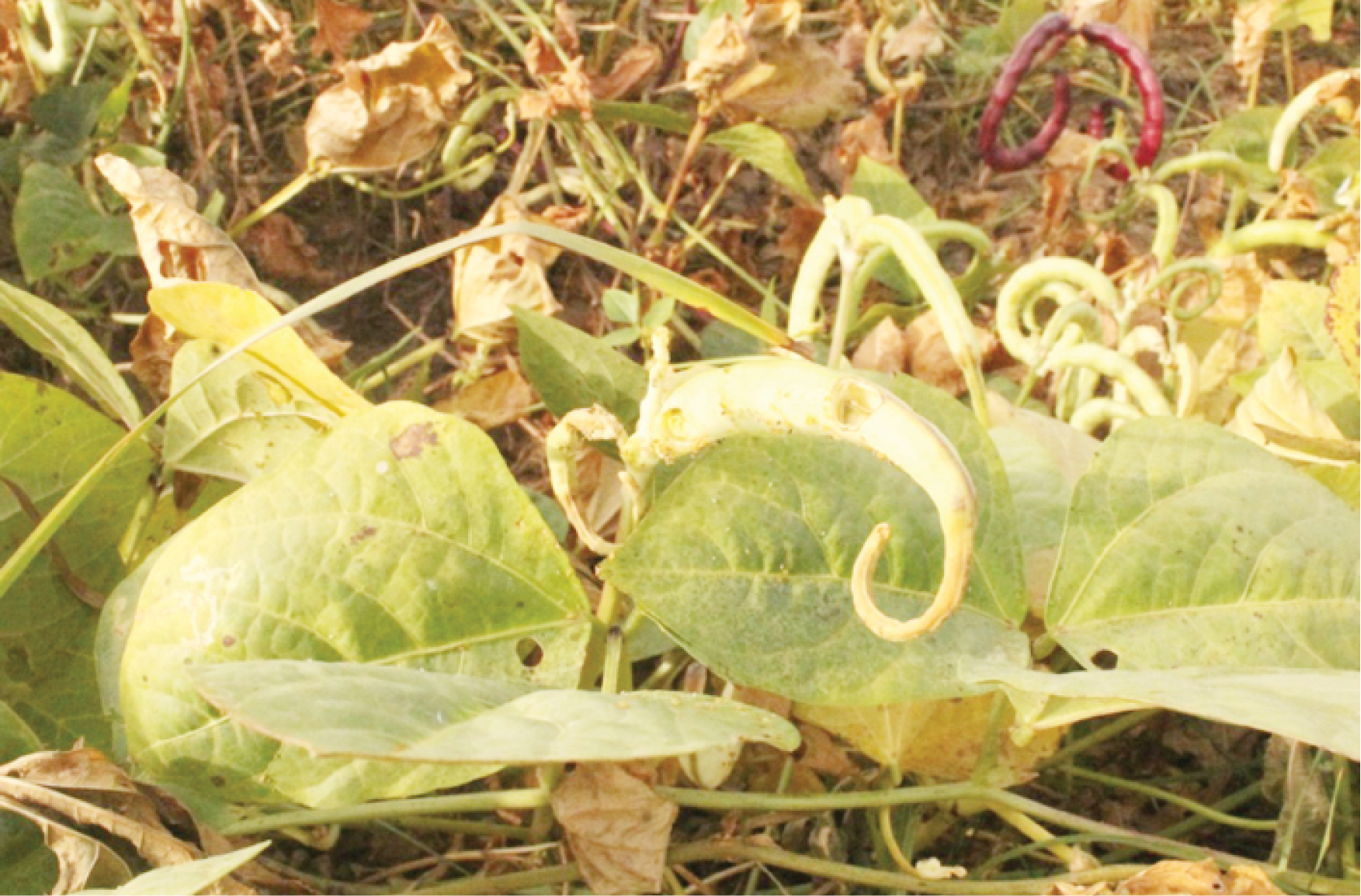Nigeria to reap N48bn from cowpea annually
Following the approval for commercialisation of Bt cowpea by the National Committee on Naming, Registration and Release of Crop Varieties last week, Nigeria is expected to reap N48 billion annually. The new variety of beans, SAMPEA 20-T, was developed by scientists at the Institute for Agricultural Research (IAR), Zaria, in collaboration with various partners, under […]

A cowpea farm
Following the approval for commercialisation of Bt cowpea by the National Committee on Naming, Registration and Release of Crop Varieties last week, Nigeria is expected to reap N48 billion annually.
The new variety of beans, SAMPEA 20-T, was developed by scientists at the Institute for Agricultural Research (IAR), Zaria, in collaboration with various partners, under the coordination of the African Agricultural Technology Foundation (AATF).
Professor Mohammed Ishiyaku, the principal investigator for the project, told newsmen in Abuja that Nigeria stood to gain N48 billion if one million hectares of this variety were cultivated by the farmers.
The variety is genetically modified to resist marucavitrata lepidoptrer (bean pod borers), an insect pest that causes up to 90 per cent yield loss in severe infestation cases.
The scientist said the yield potential of this variety was 2.9 tonnes per hectare and farmers who adopt this new variety would harvest the crop after 70 to 75 days of planting.
It also has semi erect growth habit and photoperiod insensitivity and has medium-large white seeds.
Usually, farmers spread chemicals about six times to get good yield with the traditional seed, but in this new variety, spraying is reduced to twice at early flowering and also at full budding for none Maruca insects.
According to Prof Ishiyaku, the total investment by the Federal Government and its partners was about N450m, with the Federal Government providing N300m for the whole project.
The pod borer resistant cowpea was earlier in the year granted environmental release approval by the National Biosafety Management Agency (NBMA), which confirmed that the product was safe for human, livestock and the environment.
